
Dan Larhammar
Publishing
5 mins
Fake publishing - the greatest scientific fraud
Science is built on integrity and trustworthiness so when a flood of low-quality or fraudulent papers enter the system unchecked, trust in science is damaged. Bernhard A Sabel at the Otto-von-Guericke-University of Magdeburg, Germany and Dan Larhammar at Uppsala University, Sweden present the ‘Stockholm Declaration’ for the ‘Reformation of Science Publishing’ published in Royal Society Open Science.

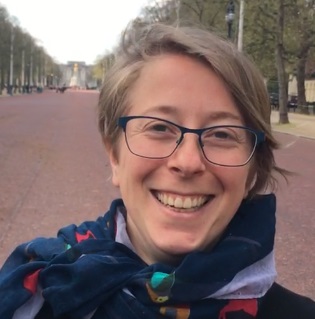
Louisiane Ferlier
History of science
5 mins
X-ray vision
Why did the Royal Society reject a 1932 scientific paper on the use of X-rays to stimulate the retina? Louisiane Ferlier investigates.
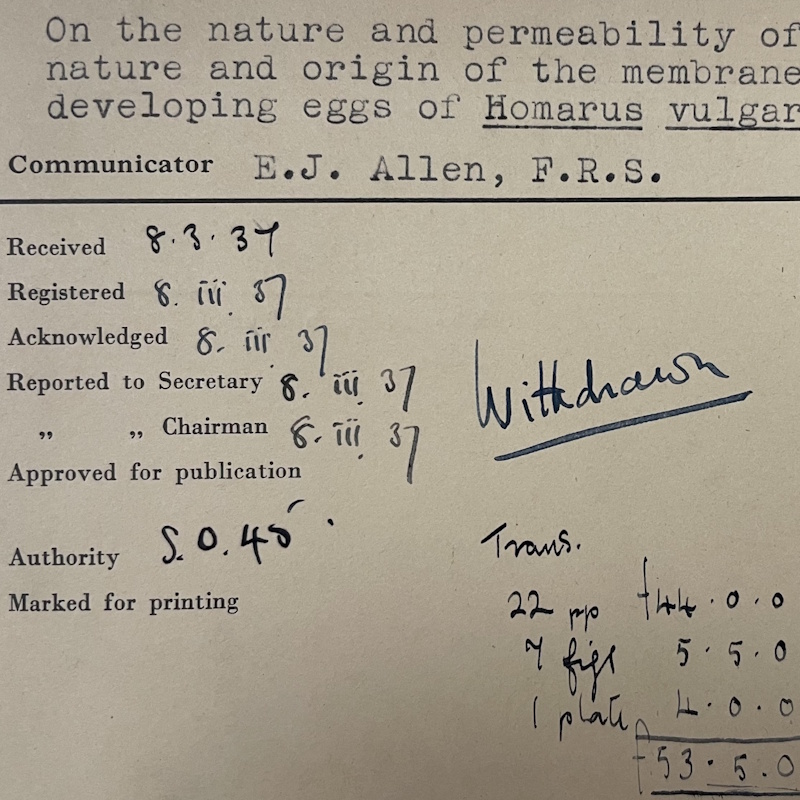

Kiera Evans
History of science
4 mins
Withdrawal symptoms
Archival material on papers deemed unsuitable for publication by the Royal Society is being made available for the first time, as Kiera Evans reports.
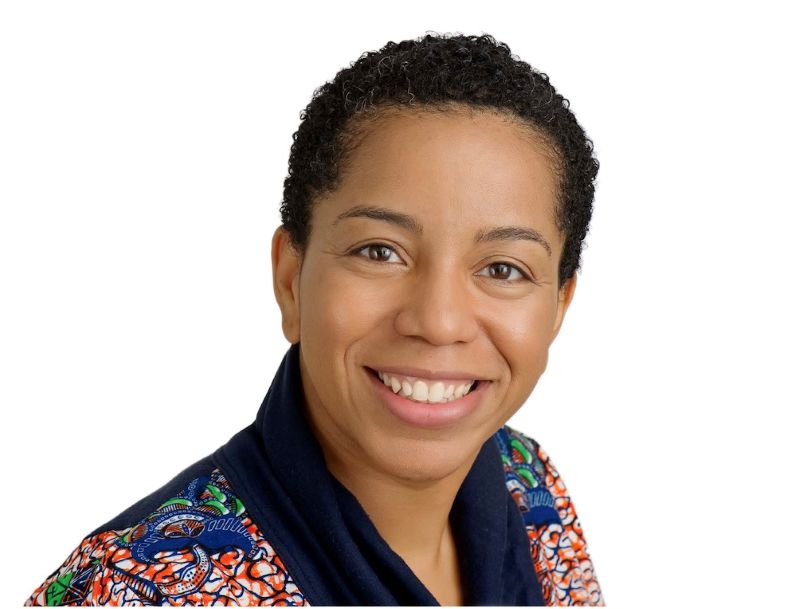
Dr. Jasmeen Kanwal
News and views
4 mins
Why diversity in science really matters
The work of Professor Thema Monroe-White provides the strongest evidence yet that a scientist’s background influences the research they pursue and the technology they build.
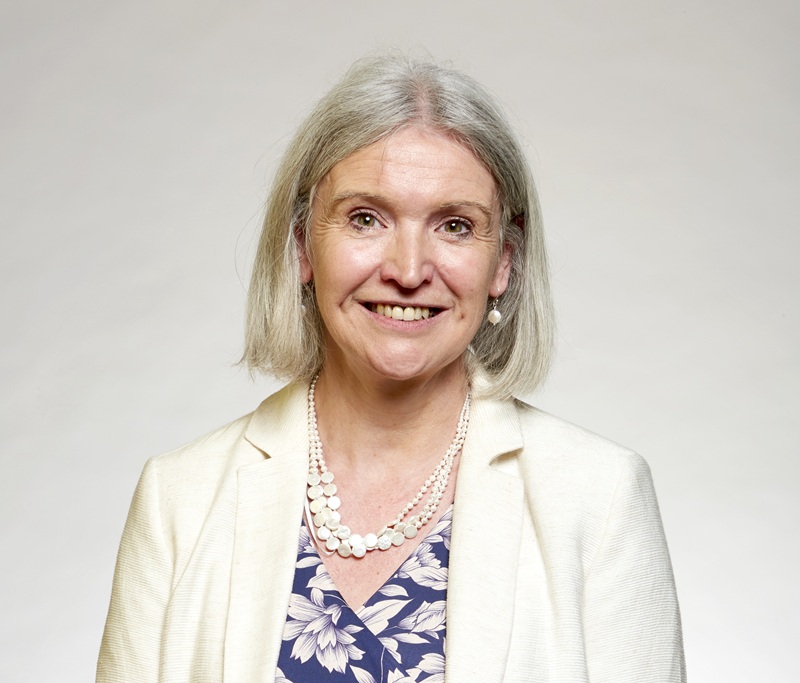
Publishing Editorial Team
Publishing
4 mins
Inspiring women in computer science: reflections and advice from Jane Hillston FRS
“Being faced with an environment where you are expected not to excel can be demoralising and shake your confidence. I would advise anyone starting out to find a topic they love and an environment that is nurturing. Stand up for your values and strive to do the best work you can, as excellence will shine through.”


Professor Simon Peyton Jones OBE FRS
News and views
5 mins
System upgrade required: computing education is for everyone
At a recent First Tech Challenge event, a team of young women showed me the design of their robot. They were proud, enthusiastic and passionate; “before this we would never have considered a career in engineering, but now we wouldn't consider anything else”. It was a deeply inspiring conversation.
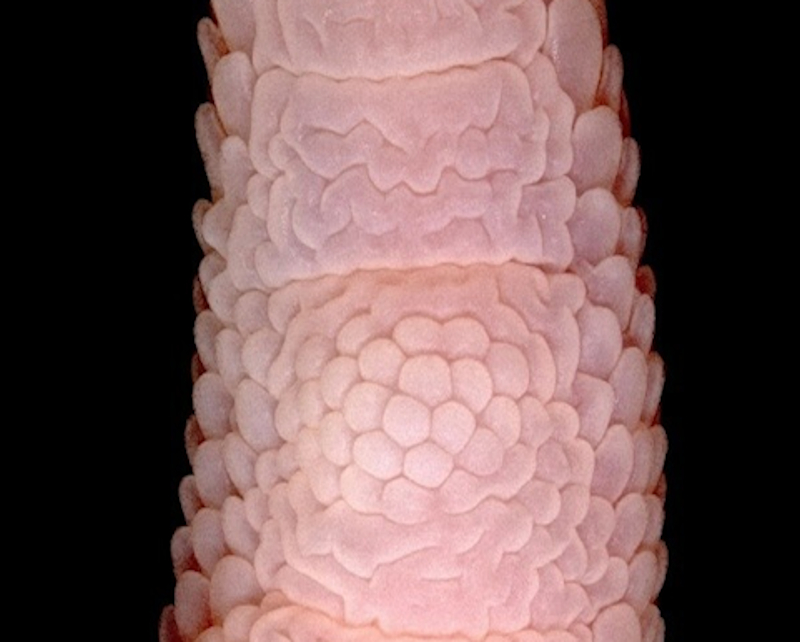

Buchi Okereafor
Publishing
4 mins
Beyond chemical cues: How mechanical forces shape skin patterns - Open Access Week
Highlighted as one of Royal Society Open Biology's most popular articles this year, the team reveals how transient manipulation of a key developmental signalling pathway - sonic hedgehog (Shh) - can induce a dramatic shift from chemical pattern formation to mechanical skin folding in developing chicken embryos.
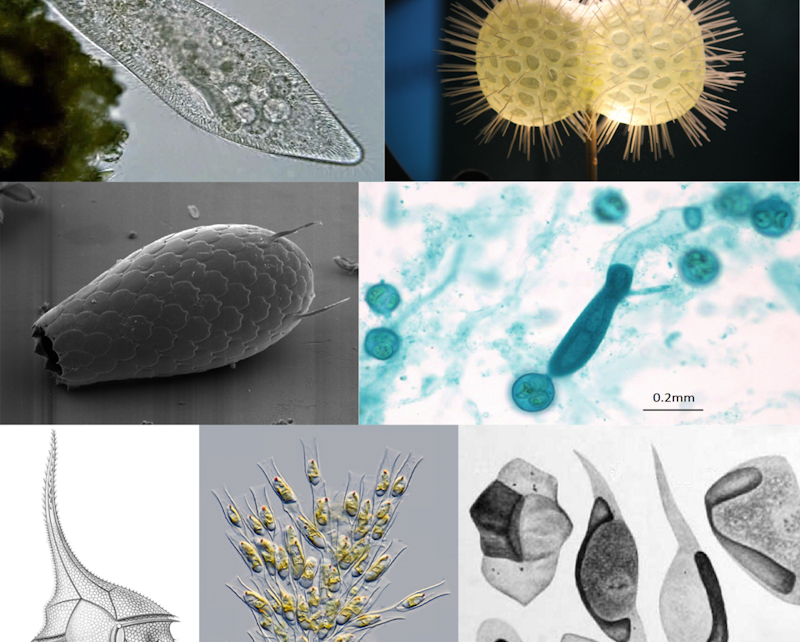
Buchi Okereafor
Publishing
2 mins
Open Access Week – highlights from Open Biology
To celebrate Open Access Week, we highlight some of our best-performing articles from the past year. We hope you’ll enjoy reading them as much as we have.
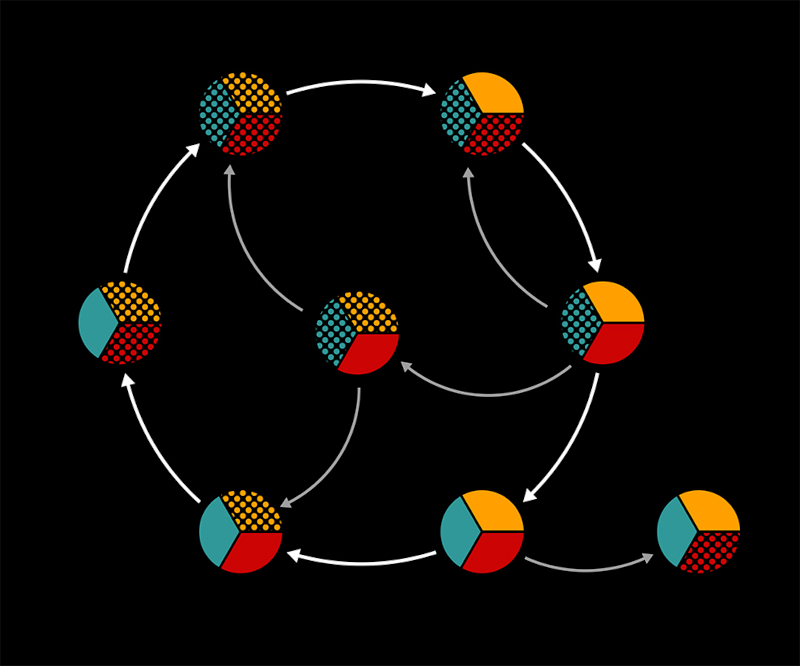
Ciara Doyle
Publishing
2 mins
Combinatorial models for evolving representation of dynamical behaviours in biological networks
Interface Focus recently published a theme issue on 'Combinatorial models for evolving representation of dynamical behaviours in biological networks’. In this blog post, Guest Editors Madalena Chaves, Elisabeth Remy and Elena Queirolo tell us more.

Vida Milovanovic
History of science
4 mins
Smeaton's beacons
Vida Milovanovic discovers a fascinating connection between lighthouses and the Royal Society.
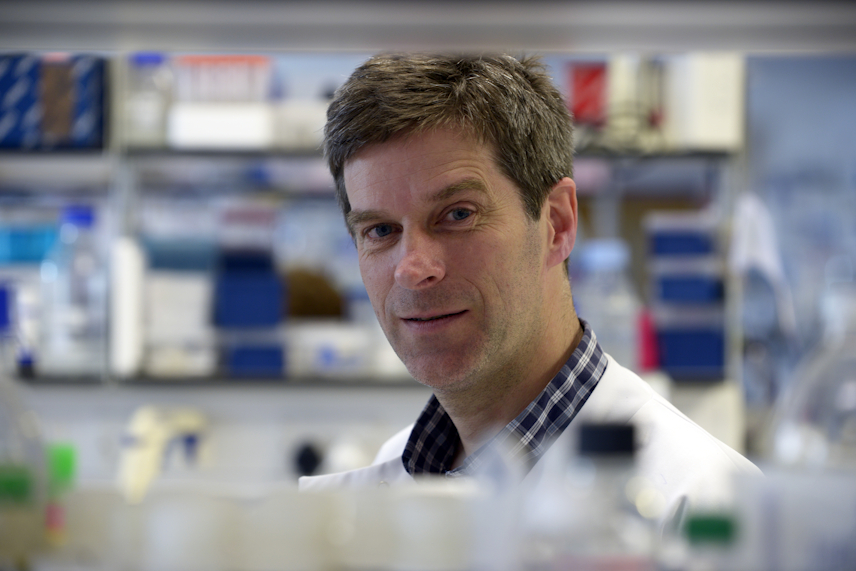

Buchi Okereafor
Publishing
2 mins
Introducing new Royal Society Open Biology Subject Editor in Immunology
We are pleased to welcome Gerry Graham as our new Immunology Subject Editor for Open Biology.
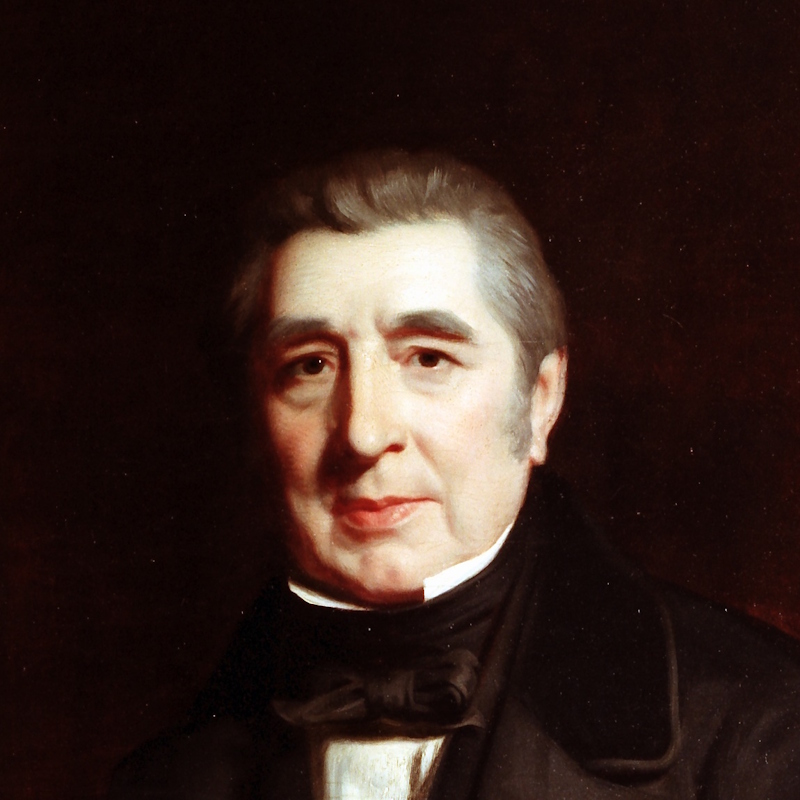
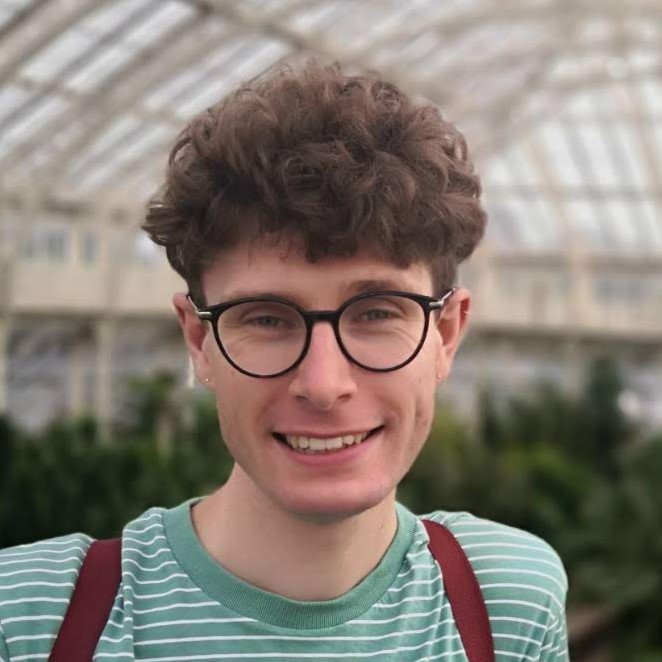
Ainsley Vinall
History of science
6 mins
Out of the picture
Intrigued by a portrait that was briefly part of the Royal Society’s collection, Ainsley Vinall investigates some other 'paintings that got away'.
